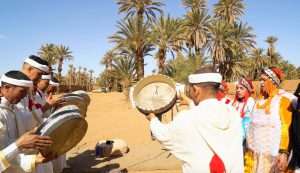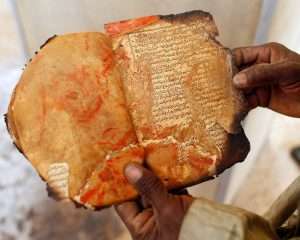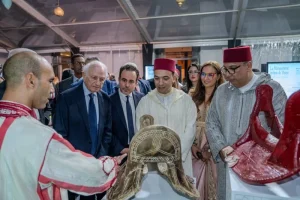Ancient city discovered in Egypt, dating back to 2000 BC

A joint Egyptian-French archaeological team has unearthed what is believed to be the oldest city and settlement from Egypt’s Middle Kingdom period, located within the Karnak Temple complex in Luxor city. The discovery, reported on June 9 by Egypt Independent, the English-language edition of Al-Masry Al-Youm, emerged during ongoing excavation efforts in the area.
Excavations in the southeastern section of the Karnak Temple complex have uncovered a fully preserved ancient city dating back to between 2050 and 1710 BC, a period associated with Egypt’s Middle Kingdom.
This marks the second major archaeological discovery in the area so far this year.
According to sources at the Karnak site, the city is situated between two significant historical structures: a mud-brick wall attributed to King Thutmose III of the 18th Dynasty and a larger enclosure wall constructed during the reign of King Nectanebo I in the 30th Dynasty.
Positioned to the right of the temple’s main entrance, the chapels consist of seven linked shrines and two spacious halls supported by columns.
During his visit to Luxor, Mohamed Ismail Khaled, Secretary-General of the Supreme Council of Antiquities, reviewed progress on the restoration and rehabilitation of the “southern chapels” within the Akhmenu Temple, part of the Karnak Temple complex.
Khaled hailed the find as a “crucial achievement,” emphasising its role in improving access to underexplored heritage sites and enriching Egypt’s cultural tourism landscape.
Khaled also noted that the restoration efforts involved comprehensive cleaning, structural repairs, detailed conservation work, and full documentation of the site’s inscriptions and religious iconography.
The visit also included stops at the Egyptian mission’s excavation sites in the al-Asasif area of Qurna and the Nagaa Abu-Asaba area near Karnak.
According to officials, the team working in al-Asasif uncovered a collection of small wooden coffins believed to have belonged to children. Most of the coffins were found in a severely deteriorated condition and lacked any inscriptions or written markings.
Egypt Independent/ Maghrebi.org
Want to chase the pulse of North Africa?
Subscribe to receive our FREE weekly PDF magazine














